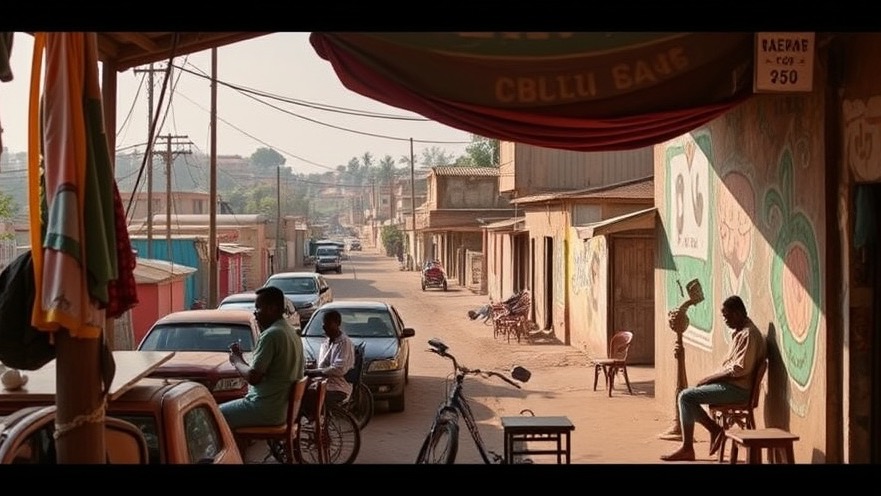The Beat Beneath the Surface: Inside Africa’s Most Creative Cities

Africa’s creative scene isn’t rising. It’s been pulsing beneath the surface for decades—raw, political, joyful, and unfiltered. Now, it’s loud enough that the world is finally listening.
Start in Lagos, Nigeria. Chaos? Yes. But it’s the kind that births genius. The city is an engine of sound and style, where Afrobeats stars like Burna Boy and Tems are only the tip of the iceberg. Dive deeper and you’ll find underground DJs spinning alternative Naija sounds at rooftop bars, fashion collectives stitching culture into streetwear, and visual artists reclaiming colonial narratives on canvas. Lagos doesn’t wait to be discovered—it grabs you by the collar.
In Dakar, Senegal, creativity is stitched into daily life. Graffiti isn’t vandalism—it’s dialogue. In neighborhoods like Medina, murals stretch across entire buildings, layered with political critique and ancestral symbols. At night, traditional sabar drumming spills into the streets, often fusing with electronic beats from younger producers. Dakar Biennale draws curators from Paris and New York, but the real power is in the artists’ homes, studios, and pop-ups that reject gatekeeping.
Johannesburg is another kind of creative force. Maboneng and Braamfontein are districts carved by young South Africans who’ve turned post-apartheid grit into cultural gold. Think: spoken word battles, jazz in old warehouses, art installations in parking lots. Jozi doesn’t aim to impress—it aims to express. The result is electric and unpredictable.
In Accra, Ghana, there’s a quiet confidence growing. From Afrochella music festivals to the “Year of Return” movement, the city is becoming a pilgrimage site for diasporic Black artists reclaiming identity and home through sound, sculpture, and film. It’s not just culture—it’s cultural repair.
This isn’t art for galleries alone. It’s music made in the street. It’s fabric printed in resistance. It’s dance born from protest and joy. Travelers looking for something “authentic” will find that Africa’s creative cities aren’t performing for tourists. They’re telling their own stories—loud, proud, and on their own terms.
 Add Row
Add Row  Add
Add 




Write A Comment